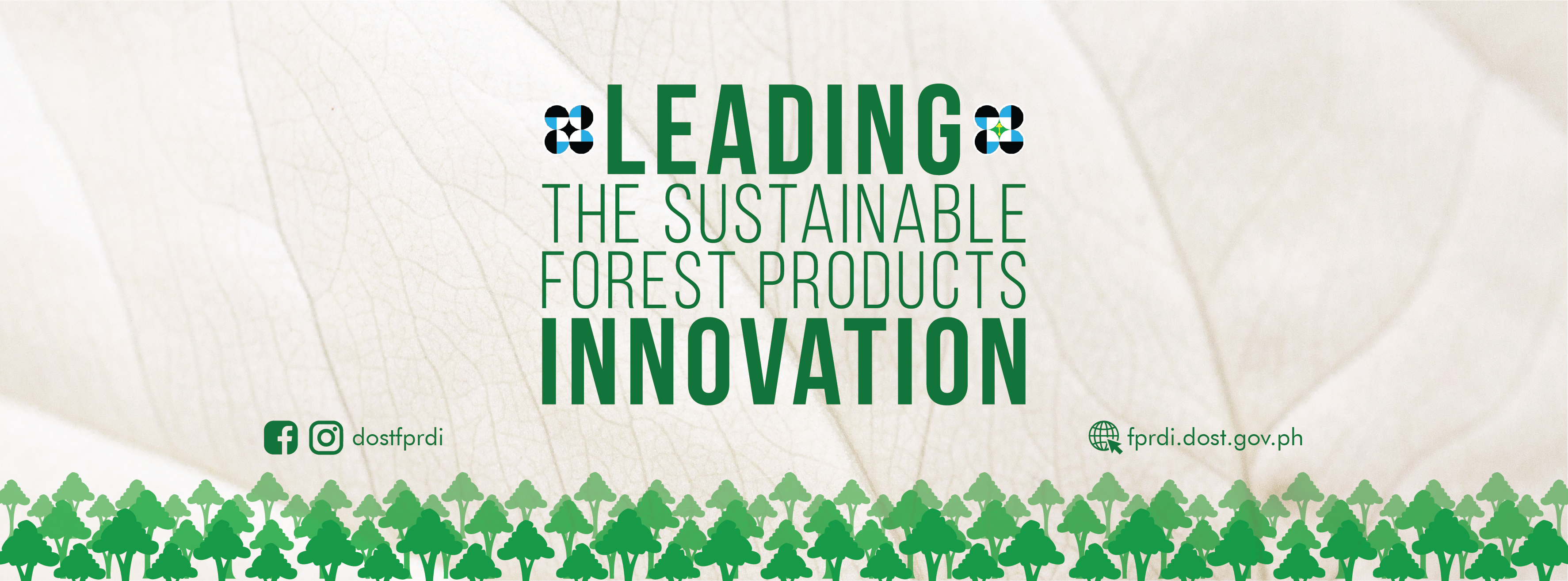Scholars' theses yield promising results
- Details
Two DOST-FPRDI engineers who recently completed their MS degrees had obtained encouraging research results from their respective theses.
Engr. Rogelio O. Rantael of the Bio-Energy and Equipment Development Section (BEEDS) studied the invasive plant species, spiked pepper (Piper aduncum L.), as a possible material for renewable energy.
DOST FPRDI’s technologies featured in NSTW 2018
- Details
The DOST- Forest Products Research and Development Institute (DOST-FPRDI) joined the science community in celebrating this year’s National Science and Technology Week (NSTW). Among the featured FPRDI technologies were the bamboo hot press machine and some furniture pieces made from old rubberwood trees.
DOST FPRDI: Helping to bring home the Philippine Peso
- Details
After decades of depending on imported fibers, the Philippines may soon be able to make its own paper money using locally available plant materials. This, as researchers at the DOST-Forest Products Research and Development Institute (DOST-FPRDI) recently developed quality currency base paper (cbp) from combining the fibers of abaca (Musa textilis), salago (Wikstroemia spp.) and mangium (Acacia mangium).
“Our banknote or paper money is printed on imported cbp made from 20% abaca and 80% cotton. With our promising research result, however, we are planning to team up with the Bangko Sentral ng Pilipinas (BSP) to make Philippine banknotes using 100% locally available fibers,” said Ms. Adela S. Torres of FPRDI’s Pulp and Paper Products Development section.
“Fibers from abaca and salago, and wood chips from mangium were cooked, bleached, and formed into sample cbp at the FPRDI Pulp and Paper Testing Laboratory. Tests showed that its folding endurance is similar to that of imported currency base paper. It was also found to be tear resistant,” explained Torres.










